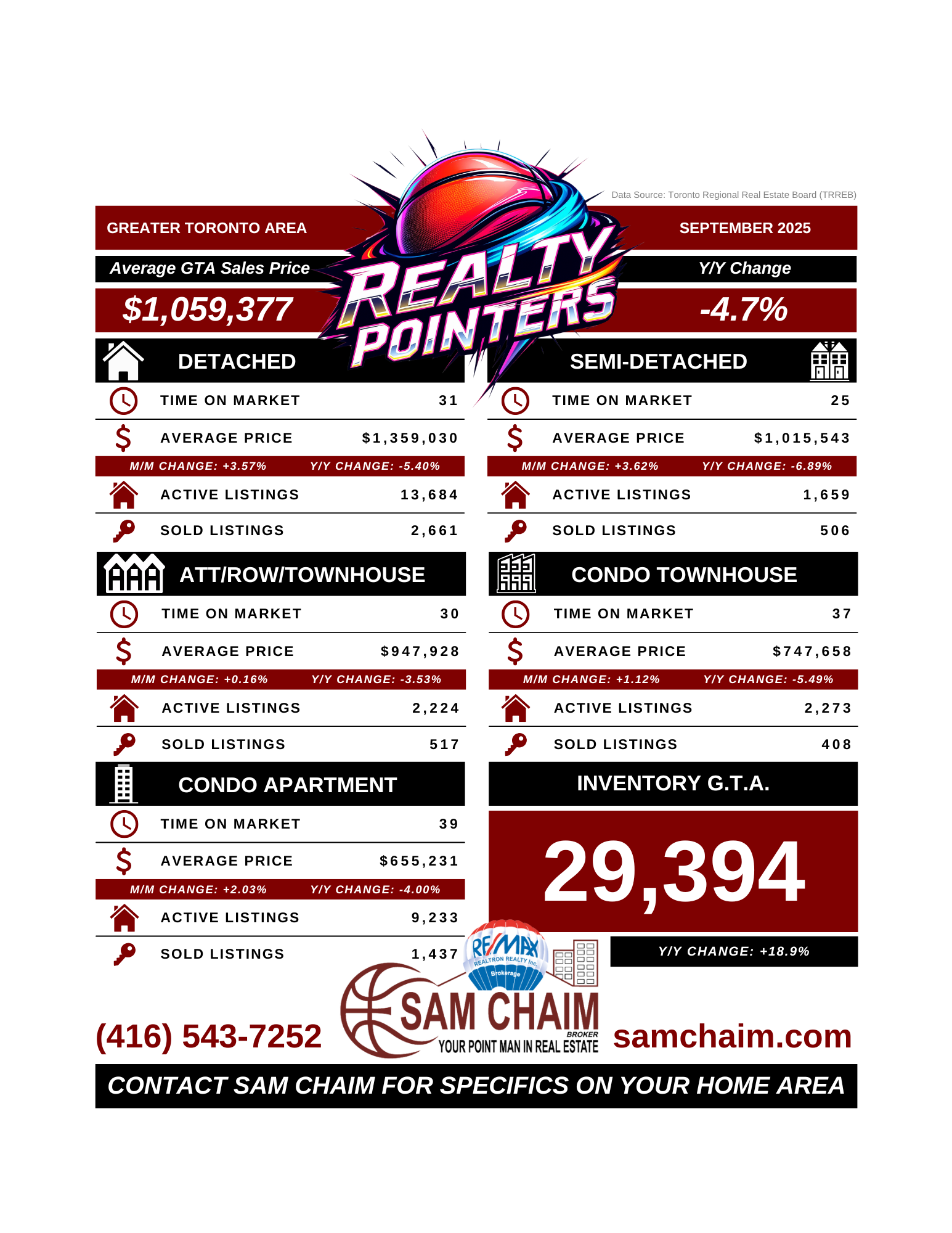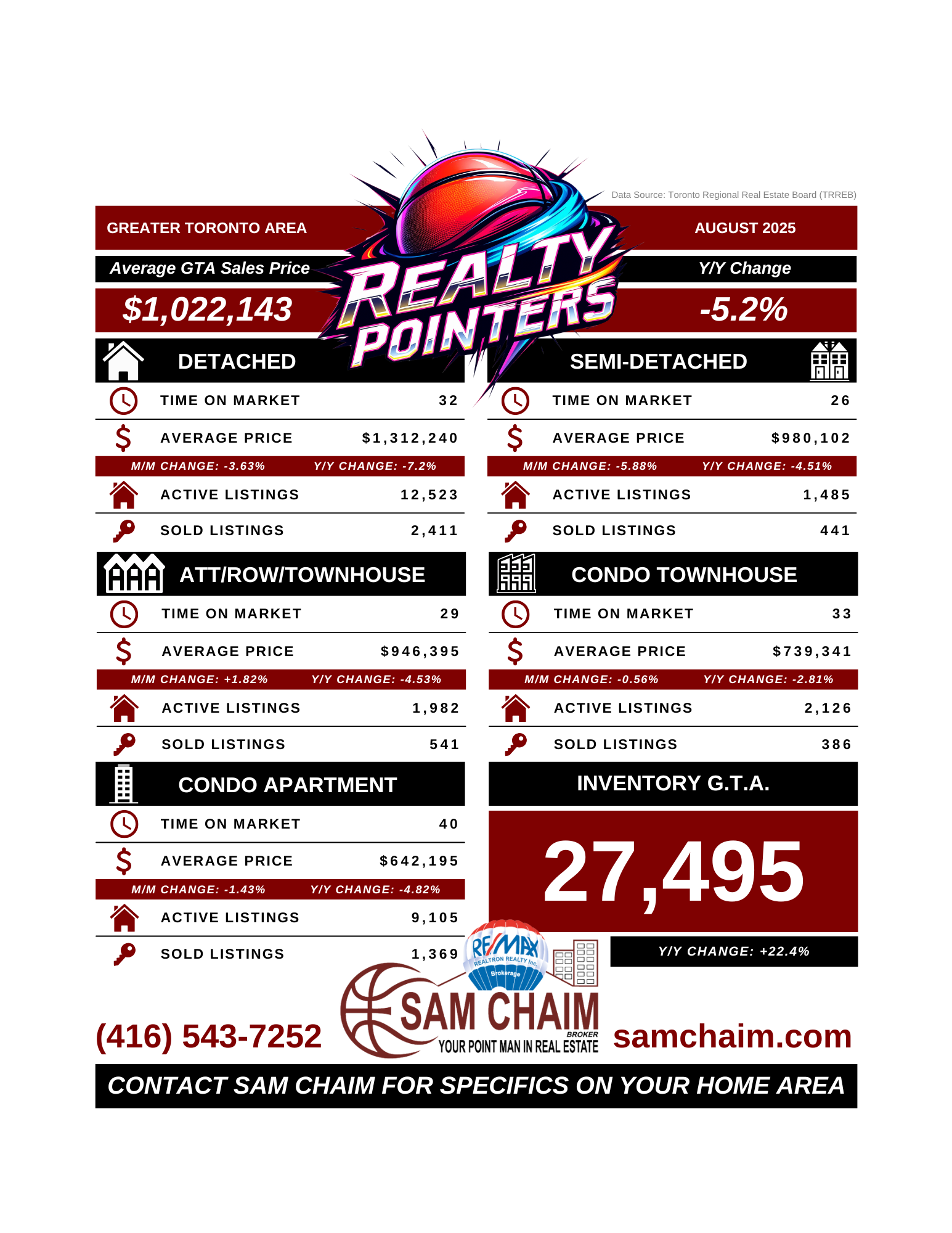I have sold a property at 35 Sir Galahad Place in Markham on Feb 18, 2026. See details here
If these walls could talk....a wonderful, forever home filled with memories of four children raised in a perfect family neighbourhood. Located on a quiet street, local traffic only, minutes from schools, parks, playgrounds, every amenity for a great quality of life. The double driveway leads to a sheltered porch and double entry into a spacious foyer. Imagine all the celebrations and dinners in the combined living and dining room with 2 huge windows. A large eat-in family sized kitchen with quality cabinetry, Stainless Steel appliances, including French Door fridge, ceramic top stove, dishwasher and microwave/hood/fan. Breakfast area holds the whole family with a view of the huge back yard, the owner's pride and joy. A spacious family room, with large picture window and patio doors to the deck flanks the wood fireplace, the heart of the home. And the laundry room, with side entry, ample storage cabinets + separate closet and laundry tub can handle anything an active family can throw at it! Upstairs, 4 large bedrooms flank the hardwood landing. Primary suite has a walk-in closet, extra double closet and 4 pc. En-suite bath. The 3 other generous bedrooms, all with parquet flooring, large windows and double closets share a family bathroom. A linen closet completes this level. Downstairs, the mostly finished basement has space for everyone....a family sized rec room, a large Flex Room, currently an office with 2 windows and built-in storage, and a workshop-the current owner's sanctuary, with a full, high-ceiling, open and closed storage for projects, hobbies, science experiments...you name it. You'll also appreciate the large storage room with shelving, and a roughed in washroom should you grow to need it. Adjacent pathway to Parkway Blvd. for easy access to Wooten Way, Reesor Park Tennis Club & public school.


















